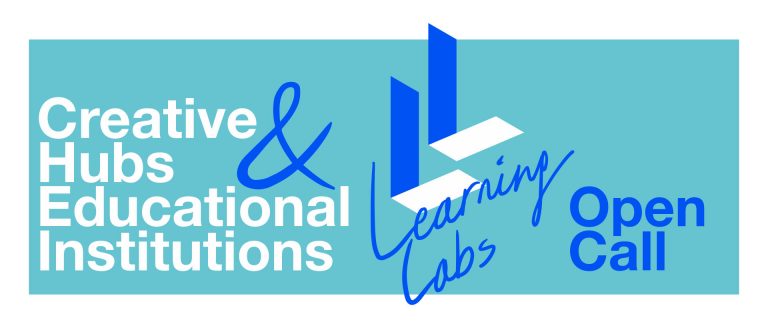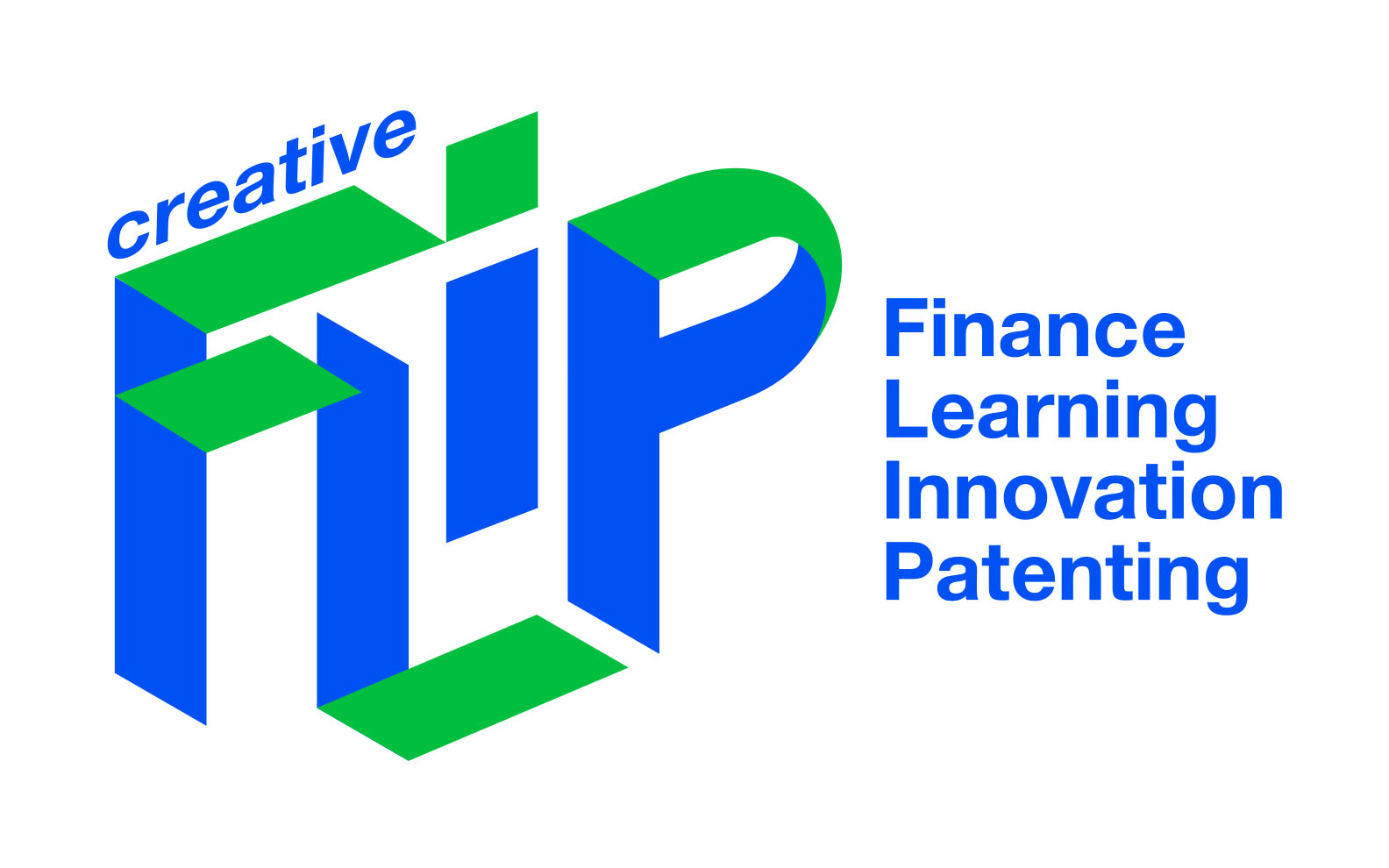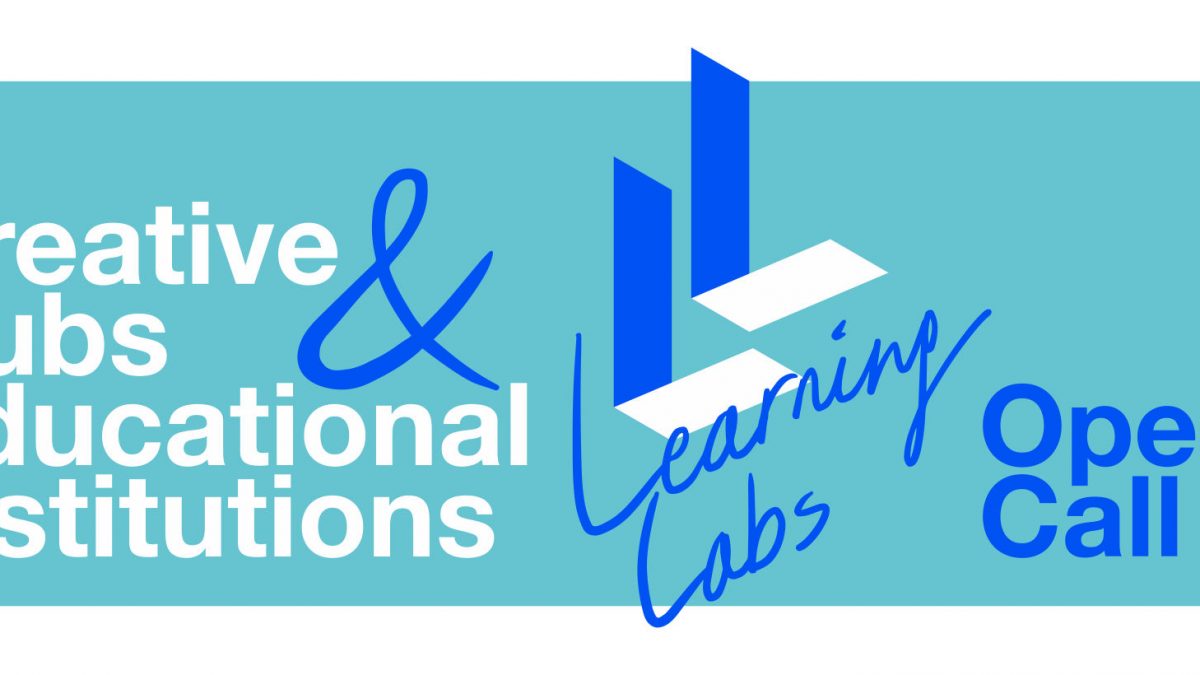
Guiding resilient financing systems for the CCS – Creative FLIP publishes analysis report
06/07/2020
COVID-19 Crisis & CCI Workers Pan-european Research | Relaunch Announcement
20/10/2020
OPEN CALL: Creative FLIP Learning Laboratories
“Supporting cross-sectorial cooperation between creative hubs and educational institutions”
Creative FLIP launches an Open call for Learning Laboratories – innovative cross-sectoral collaboration projects between Creative Hubs and Educational Institutions.
Please find all the relevant information about the call in the section below.
We kindly ask you to carefully read all information, prior to filling out the application form.
- WHO: Creative Hubs
- WHERE: EU Member States, Creative Europe & ENP countries
- WHAT: Collaboration between Hubs and educational institutions
- SUPPORT: 3000 € per Hub
- DEADLINE: 20 November 2020 (23:59 h CET)
This call is targeted at Creative hubs who wish to establish or strengthen their cooperation with educational institutions in their community. Applications to this call shall be submitted by the creative hub who is the receiving party of the financial support. However, a confirmed agreement on joint participation in this activity with an educational institution is a pre-requisite for application.
Eligible applicants should be based in one of the eligible countries of the Creative FLIP project: EU MS, Creative Europe countries and ENP countries.
The idea behind the Learning Laboratories is based on two important goals:
- PROMOTING TRANSVERSAL AND CREATIVE SKILLS – Transversal and creative skills continue to play a more and more crucial role in the job market. However, the inclusion of these skills in curricula of both formal and non-formal educational systems is still largely incomplete. Existing training programs often do not reflect the current state of the art and are mainly based on traditional static curricula. While there have been first attempts, we are in need of additional innovative programs which strive to achieve this change.
- FOSTERING CROSS-SECTORAL COOPERATION BETWEEN CREATIVE HUBS AND EDUCATIONAL INSTITUTIONS – The creative sector is the center of innovation, creative thinking and is full of talent and practical knowledge that should be further promoted and shared. There is an obvious need and benefit to be achieved from including CCI entrepreneurs themselves in educational processes and from institutionalizing stronger cooperation among CCIs, social partners, and education and training providers.
For these reasons, the Creative FLIP project is proud to provide the opportunity to creative professionals, artists and community managers gathered around creative hubs to come up with innovative programs, so called Learning Labs. These programs aim for transversal and creative skills transfer and are implemented in cooperation with educational institutions.
Learning Laboratories are innovative pilots for cross-sectorial cooperation between creative hubs and educational institutions. A total of 15 Learning Laboratories will be financially supported.
The Learning Laboratories will be implemented by the respective creative hub in cooperation with their local institutions or organizations of formal or non-formal learning (from primary schools, to university and non-formal education institutions).
Different formats of the Learning Labs will be supported:
If circumstances allow, we welcome applicants to propose face-to-face activities as described hereafter:
1.ONE DAY LABS – this is a format in which educational institutions come to the hub for a full day workshop. Representatives of the hub (manager, or community members) will function as trainers and organize a full day workshop adapted to the target group.
As some schools or universities do not have the capacities or the regulatory freedom to include creative skills development in the weekly or monthly curriculum, full day activities can be a model for this target group to still be able to include creative skills development in their portfolio and profit from the innovative environment of a creative hub.
→ ONE DAY WORKSHOP AT THE CREATIVE HUB SPACE
2. WEEKLY LABS – this format foresees members of creative hubs (CCI managers, creative professionals and artists) to go and provide workshops on the premises of an educational institution. The aim is to have regular visits over a certain time period (e.g. 2h per week for one month), in order to achieve a concrete result of creative skills development during a prolonged time. This is a prototype model to include creative skills development in the respective curricula of national education systems.
→SEVERAL (MINIMUM 3) SHORT LENGTH (45 minutes+) WORKSHOPS TO BE HELD BY THE HUB REPRESENTATIVE(S) IN THE EDUCATIONAL INSTITUTION PREMISES
If face-to-face meetings are not an option, we would still like to hear from you:
3. PITCH YOUR OWN CONCEPT – Due to the extraordinary circumstances, Creative FLIP encourages applicants to come forward with innovative ideas of how to contribute to the inclusion of creative and transversal skills in educational institutions, while respecting current sanitary measures and restrictions. Possible activities include but are not limited to offering web seminar, virtual tours and creating digital teaching materials. However, any proposed Learning Lab should be based on a participative approach.
*COVID INFO: For any physically held activities, participants agree to respect the official measures in place in the respective country and to act according to safety standards (wearing face masks, providing hand sanitizer, keeping surfaces clean, keeping distance etc.)
The experience of successfully running these pilot projects breaks down borders between the CCIs and educational institutions and thus opens doors for possible future cooperation and continuation of the joint working experience. This will also create the spill-over effects needed for cross-sectorial benefits in the area of creative skills development.
As a culmination of all implemented labs, a Creative Campus will be organized in spring 2021 as an online format, to which all participating creative hubs and educational institutions representatives will be invited, alongside other relevant CCI stakeholders. This workshop aims to present, discuss and exchange about the piloted Learning Lab and will directly feed into the formulation of final outputs and recommendations of this programme.
Using the experience and the collected data from the labs, a set of guidelines for creative skills development will be created. These guidelines target the CCIs as well as the formal and non-formal education sector to give recommendations, best practice cases, and possible obstacles or success factors for future cooperation. Thus, the guidelines will upscale existing knowledge of cross-sectorial cooperation and disseminate findings about cooperation processes and approaches, leading to beneficial relations and ways of creative skills transfer into the educational sector.
DEADLINE for APPLICATION
20-11-2020 (23:59 h CET)
IMPLEMENTATION PERIOD
Applications are evaluated on a rolling basis. Applicants are required to fully implement the Learning Lab format between 1st of November and 28 February 2021 the latest. Please include your suggested dates for implementation when applying. These dates are indicative and should be confirmed once an application has been approved.
RESULTS
Selection results will be issued on a rolling basis, but no later than 25 November 2020. Implementation may start as early as 1st of November, given that applications were received reasonably ahead of time.
Participation in the program foresees the following benefits:
- Financial support of 3,000 EUR for the implementation of any one type of Learning Labs
- Promotion of the Learning Labs/cooperation projects on social media, with the European Commission and other relevant stakeholders;
- Inclusion of the best practice cases in the final report and Guidelines of the Creative FLIP project;
- Participation in the Creative Campus Workshop – an online event to be held in March 2021 (tbc) on the topic of cross-sectorial cooperation, where outcomes and lessons learned from the Learning Labs projects will be discussed and summarized.
- Hubs and representatives of educational institutions involved in Creative FLIP Learning Labs will be invited to the projects final conference in May 2020 (tbc). Additionally, we aim to present a number of chosen best practice examples and will therefore invite selected Creative Hubs to present their Learning Lab concept to the audience.
Applications are submitted via the online application form. It should be filled out by the Creative hubs who are the responsible party for the cooperation project.
All Creative hubs based in one of the EU Member states, Creative Europe countries and ENP countries are eligible to apply.
Before submitting the application, the hubs must ensure a confirmed agreement with a formal or non-formal educational institution on this cooperation project.
An evaluation committee composed by experts of the project team will be selecting the applications. The criteria used for evaluation will be:
- Program of the Learning Labs
- Motivation
- Diversity of participating institutions
- Geographical Balance
- Sustainability plans
We kindly ask all applicants to elaborate their answers to open-ended questions, as this will be the basis for the evaluation of their application.
Selection results will be issued on a rolling basis, but no later than 20 November 2020.
The selected cooperation projects will receive a lump sum of 3,000 EUR for the implementation of any one type of Learning Lab. This amount will be paid out in two installments (1.500 € each, before and after the completion of the Learning Labs project).
Depending on the nature of the proposed activity, this budget should be used to cover the following costs:
- venue-related costs (cleaning, electricity, technical equipment, etc.);
- expert fees (hub experts acting as trainers during the labs);
- development and design of learning materials or other productions related to the applicant’s proposal;
- documentation of working process and implementation ;
- catering/refreshments;
- public or private transport, if participants are required to physically come to the Creative Hub
Are existing cooperation projects between creative hubs and educational institutions eligible to apply?
Yes, provided they comply with the requirements and overall goals of Learning Labs stated in this call and that they are not already receiving any other financial support for this activity.
What type of educational institutions are eligible as partners in Learning Labs?
All formal and non-formal educational institutions registered as such on the territory of EU Member states, Creative Europe countries and ENP countries are eligible for the program. We would like to cover a broad spectrum of institutions within the final selection, in order to have final input and feedback from different cooperation projects. We especially encourage cooperation with primary education institutions or those working with the elderly.
What do you mean under non formal education?
Non formal education is defined as “Education that is institutionalized, intentional and planned by an education provider. The defining characteristic of non-formal education is that it is an addition, alternative and/or a complement to formal education within the process of the lifelong learning of individuals. It is often provided to guarantee the right of access to education for all. It caters for people of all ages, but does not necessarily apply a continuous pathway-structure; it may be short in duration and/or of low intensity, and it is typically provided in the form of short courses, workshops or seminars. Non-formal education mostly leads to qualifications that are not recognized as formal qualifications by the relevant national educational authorities or to no qualifications at all. Non-formal education can cover programs contributing to adult and youth literacy and education for out-of-school children, as well as programs on life skills, work skills, and social or cultural development.”
What do you mean by a confirmed agreement with the educational institution?
The agreement does not need to have the form of a signed contract, however, the agreement on participation in the Learning Labs has to have been confirmed to the Creative hub by the authorized representative of the educational institution (preferably in written format, e.g. email, etc.). The contact details of the educational institution representatives will need to be included in the application form and could be cross-checked by the Creative FLIP Team during the selection process.
Should you have any additional questions concerning this call, please contact us by email: CreativeFLIP@goethe.de
The Creative FLIP team looks forward to receiving your application!

